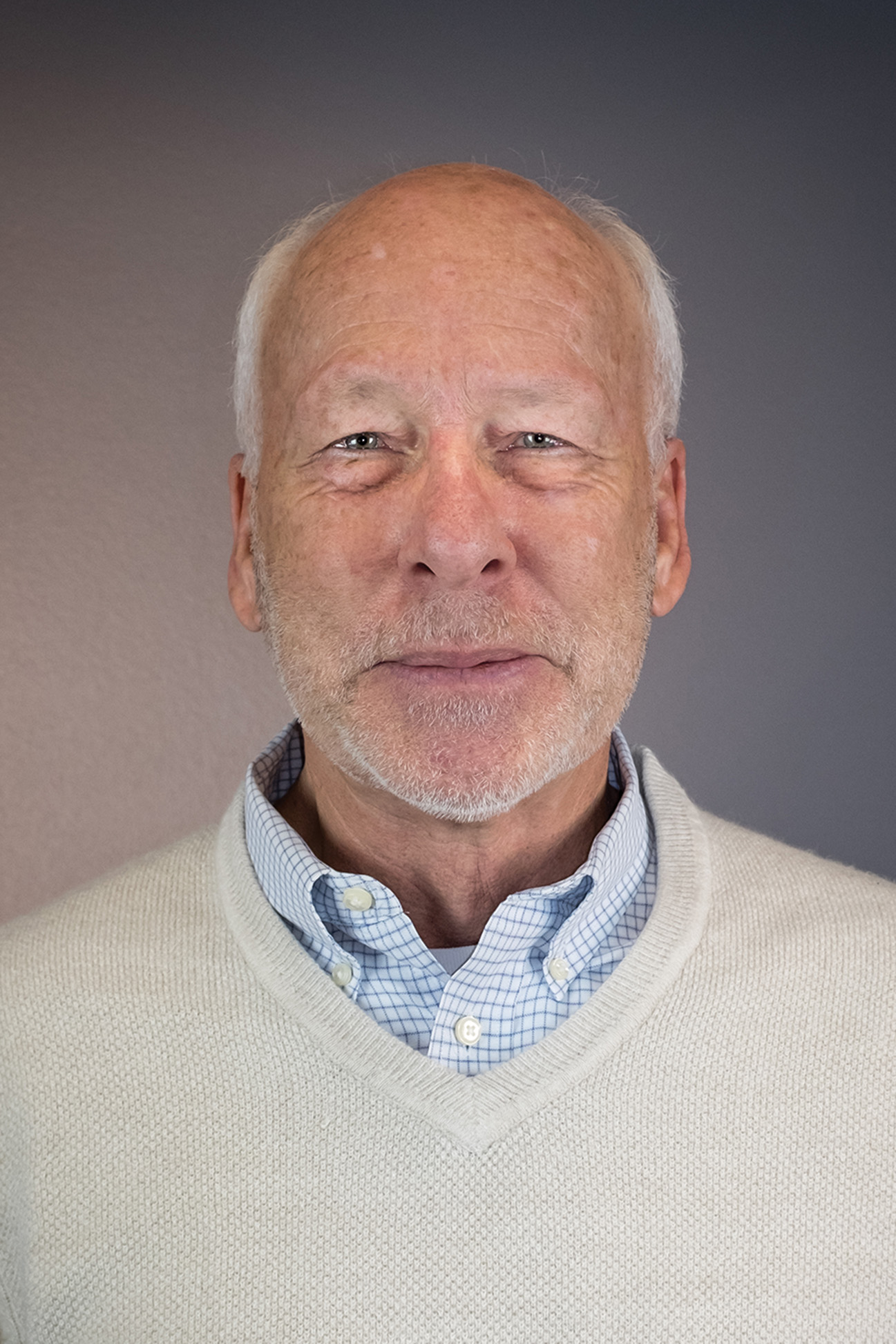Stepping into a newly created position, David Eppich is now the Economic Development Manager for the Southern Ute Indian Tribe’s Permanent Fund.
The position was approved by the Southern Ute Tribal Council, and is under the Tribe’s Director of Strategic Planning, Eric Thayer. The position is envisioned to create and develop new economic development opportunities for the Southern Ute Indian Tribe under the Tribe’s Permanent Fund.
“We will be working closely with the Growth Fund in terms of development,” Eppich said. “The Tribe wants to diversify economic programs, which [in turn] will provide employment, small business opportunities for tribal members in a way that is also diversified. Growth Fund and Permanent Fund can be aligned and in concert with each other.”
Eppich will be taking the point on the Comprehensive Economic Development Strategy (CEDS) document, to be completed in July. This is an aspect of economic development of the Permanent Fund, with a five-year implementation of the goals and objectives outlined. It will be the foundation for economic projects and grant funding. “It’s all aligned — this improves opportunities to obtain funds from the federal government, or other outside sources,” Eppich said. “This is the most important aspect of the job right now.”
Eppich hails from Farmington, New Mexico. “I’ve worked in the Four Corners for a long time, and I’m excited to work with the regional economic players on behalf of the Southern Ute Tribe. He feels that positive relationship building is a cornerstone to success in economic development, while also recognizing the sovereign status of the Tribe as the economic planning moves forward.
The Tribe has modified CEDS, to what is now dubbed SEED, the Southern Ute Entrepreneurship and Economic Development Plan. “Suited for our specific needs,” said Director of Strategic Planning, Eric Thayer.
Thayer explained that economic viability is a key part of the Tribe’s strategic plan and sees this program as an important part of that. “This would give tribal members an opportunity to pursue whatever career they want,” he said. “Chairman Frost was very supportive of this, he wanted to provide tribal members with another avenue for their careers, to empower them — and he recognized that the Tribe could provide support.” The Permanent Fund is also hoping to hire a tribal member as a liaison within the next six months, someone who can help guide individuals in small business development. This small business support would complement the regional economic development.
The economy of the Four Corners has had a major focus on energy related revenues, which becomes less and less sustainable, Eppich explained. As one economy starts to wane, it’s important to pursue and grow other revenue streams to support the Tribe’s interests and have a positive impact on the entire region. Building up the capacity of youth to take on roles in order to sustain economic strategies — is another facet of the long-term planning.
“All of this will be done in a way that will be respectful of the Southern Ute Indian Tribe’s culture, environment and the needs of the tribal members, achieved in a comprehensive manner, or approach,” Eppich explained. “The Tribe is a major economic player in the Four-Corners region, [these programs] are mutually beneficial to the region, as well as the Tribe.”
“Three Springs, a tribally owned development, depends on a vibrant economy and the continued growth of the regional economy,” Eppich said, “We rely on one another, everyone benefits.”
A regional Economic Advisors Panel (EAP) has already been established to bring leadership from the Tribe’s economic divisions together with regional experts — which will be fairly unique, Thayer emphasized. The depth of experience will be greater, sharing different perspectives, but still very regional in its focus. “The focus will always be on the tribal members,” Thayer said.

